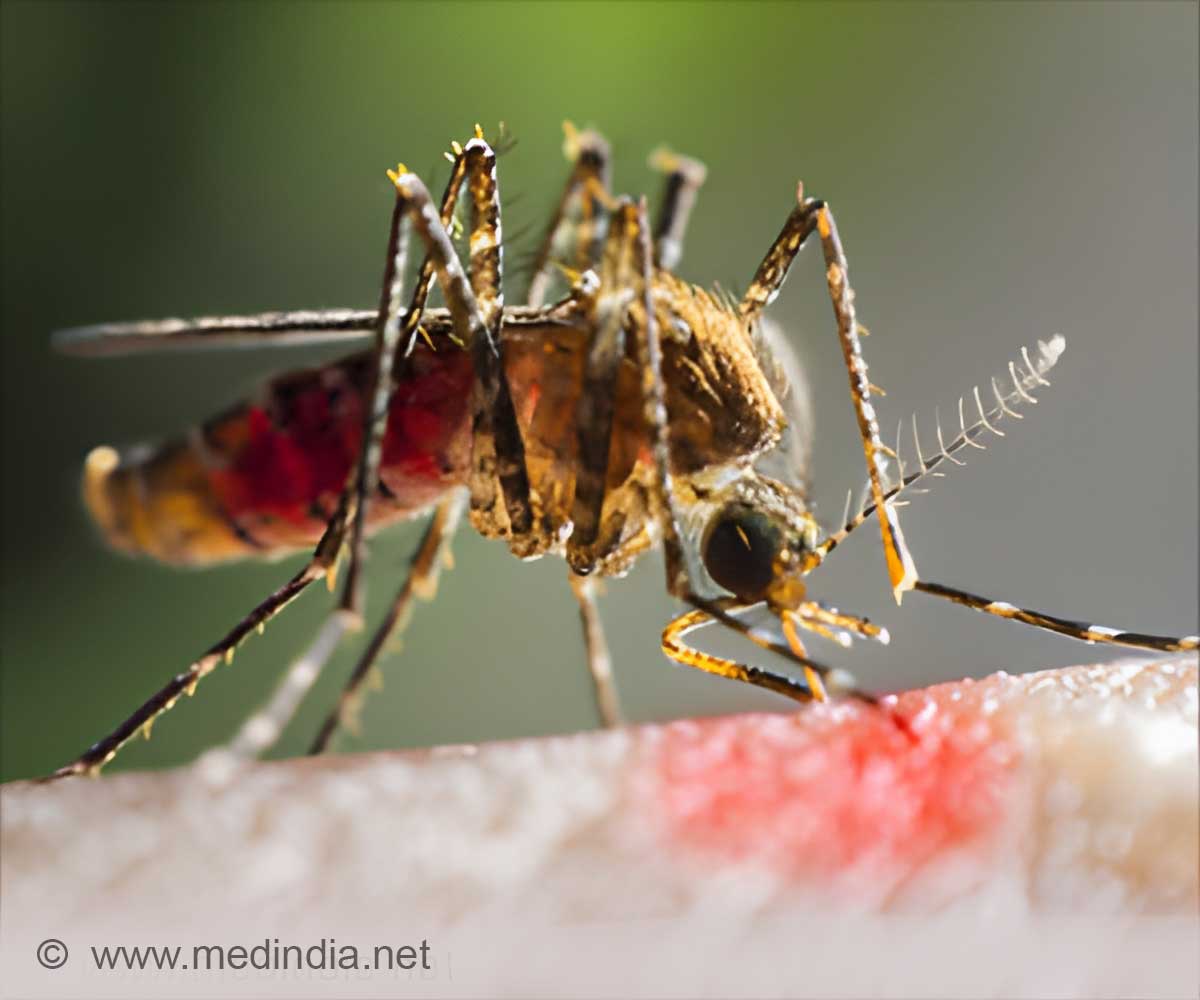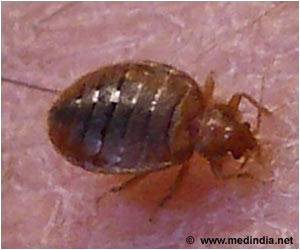Brazil's outbreak of Zika which causes microcephaly birth defect in newborns has topped 91,000 cases.

‘Zika causes microcephaly, a form of severe brain damage in newborns, and adult-onset neurological problems such as Guillain-Barre Syndrome, which can cause paralysis and death.’





Despite a flurry of research, very little is known about the virus -- how long it can hide out in the human body, the degree of risk via sexual transmission, the full list of diseases and disorders it may cause, and all the mosquito types capable of transmitting it. Recent scientific consensus is that Zika causes microcephaly, a form of severe brain damage in newborns, and adult-onset neurological problems such as Guillain-Barre Syndrome, which can cause paralysis and death.
There is no vaccine or treatment for the virus, which in most people causes only mild symptoms -- a rash, joint pain or fever.
"So far, it is not possible to determine what percent of Zika-positive pregnant women may have babies with microcephaly," said Infectious Disease Monitoring director Claudio Maierovitch.
Meanwhile, dengue cases surged to 802,429 -- 13.7 percent more than in the same period a year earlier, government data showed.
Advertisement









